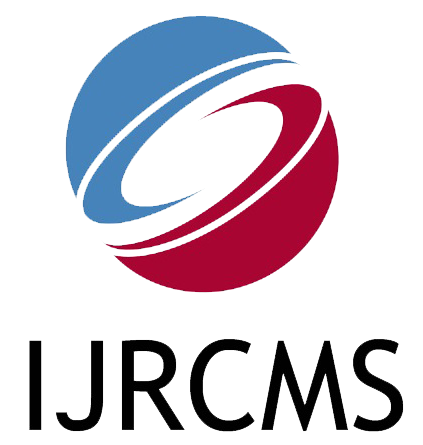| Title: THE IMPORTANCE OF THE APPRENTICESHIP SYSTEM IN DEVELOPING SELF-LEADERSHIP STRATEGIES FOR SMALL AND MEDIUM ENTERPRISE (SME) LEADERS IN NIGERIA: AN EXPLORATORY STUDY OF SME SELF-LEADERSHIP DEVELOPMENT |
| Authors: Godwin Nnaemeka Enem, Mohd Ashraff Mohd Anuar, Nor Wahiza Abdul Wahat and Ismi Arif Ismail |
| Abstract: Self-leadership has the potential for more efficient and productive individuals and organization accomplishments however, the ideal training practices to impart self-leadership skills among individuals have been a controversial issue lately as there is no universally accepted training model in this regard. Therefore, the purpose of this study was to explore the importance of the apprenticeship system in the training and development of self-leadership strategies for SME leaders in Nigeria, as a process of acquiring self-leadership skills and implementing them for the effectiveness and growth of their businesses. The researchers carried out this study through exploratory qualitative research. A total of 16 SME leaders were sampled and data was collected and analyzed from in-depth interviews, observations, and document analysis which were transcribed and analyzed using Nvivo software. The interview sessions were divided into two sessions and lasted over 20 hours in total. The findings indicated that the apprenticeship system could be a training method through which the strategies of self-leadership could be imparted, going by the positive feelings and greater confidence expressed by the SME leaders concerning the training they received and its effectiveness in improving their individual and organizational performance. Consequently, the government and other stakeholders are therefore encouraged to develop an acceptable model of training that incorporates self-leadership and the apprenticeship system into a uniform standard for training business leaders across the country. |
| Keywords: Self-leadership, Apprenticeship system, SME Leaders, Nigeria, Training, leadership process, learning |
| DOI: http://dx.doi.org/10.38193/IJRCMS.2022.4601 |
| PDF Download |
International Journal of Research in Commerce and Management Studies (IJRCMS)
ISSN 2582-2292, An open access bi-monthly e-journal
